Tom Gething's Blog, page 4
August 14, 2013
How empires begin and end
It has always puzzled me how a small, technologically advantaged force can dominate vast multitudes in far reaches of the planet. It’s the story of empire: The Romans extending their rule across Europe and the Mediterranean. Cortés and a few hundred Spaniards conquering the powerful and warlike Aztecs, who had created an empire of their own. And more recently, the British building an empire on which the sun never set, its crown jewel being India.
In most cases the story of empire is one of the...
July 8, 2013
Two rivers, two views of empire
Two well-written histories about Europe’s scramble for Africa provide a fascinating study of how perspectives change with time.
Alan Moorehead was arenowned Australian journalist who began his career reporting on the Spanish Civil War and the North African campaign during the Second World War. After the war, he turned to narrative history and published one of his most highly acclaimed books,The White Nile,in 1960.
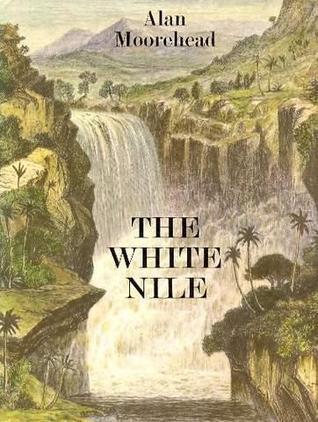 The White Nile follows that great river’s course through the last half of the 19t...
The White Nile follows that great river’s course through the last half of the 19t...
June 6, 2013
In “Stoner,” John Williams defies modern conventions to create a modern masterpiece
“Show, don’t tell,” say the pundits from creative writing workshops, conferences, how-to guides and “expert” magazine articles. Start with the inciting incident, they advise. Keep your plot moving. Add backstory only when and if it’s needed. Use simple sentences. Avoid adverbs.
You can find a dozen more examples of the conventional wisdom at any blog about writing. While such “tips” are worthy of consideration, the problem for this reader is that they often reduce the art of fiction to clichéd...
May 30, 2013
The trick of translation
In Jorge Luis Borges’ story “Pierre Menard, Author of the Quixote,” a man spends his life laboring to write chapters of Don Quixote. The result is an exact duplicate of the original by Cervantes but for one difference: “The Cervantes text and the Menard text are verbally identical,” the narrator explains, “but the second is almost infinitely richer.”*
Successful literary translation epitomizes the same paradox. Gabriel García Márquez, taking Julio Cortázar’s advice, waited three years for Greg...
May 1, 2013
Tlatelolco and Bolaño’s debt to Poniatowska
On October 2, 1968, just ten days before the opening ceremonies of the Olympic Games in Mexico City, soldiers opened fire on a demonstration of some 10,000 students at the Plaza of the Three Cultures in Tlatelolco, in the heart of the city. At least forty-four people were killed (the actual number has never been determined) and hundreds wounded. Thousands were detained and over 1,200 arrested, some to be imprisoned for days and months without trial.

Then as now, the Plaza de las Tres Culturas...
April 10, 2013
The disinterred
The past has a way of haunting us. We think we have moved on,but events from long ago keep echoing in our consciousness. Isn’t that what Faulkner so eloquently showed us?
This year marks the fortieth anniversary of the coup in Chile, and because I spent so much time researching the events of that fateful year for my novel, I keep observing significant dates.
Forty years ago on March 4, general elections, which the conservatives hoped would reverse the course of the country’s move toward Marxism...
April 5, 2013
Is historical fiction intrinsically cheap?
Henry James wrote in a letter to Sarah Orne Jewett, “the ‘historic’ novel is, for me, condemned, even in cases of labor as delicate as yours, to a fatal cheapness…” (I am indebted to Samir Chopra’s excellent blogfor this thought-provoking quote.) A modernwriter, James continues, can include historical details but cannot invent or represent “the old consciousness, the soul, the horizon, the vision of individuals in whose minds half the things that make ours, that make the modern world were non...
March 20, 2013
The blank spaces on the map
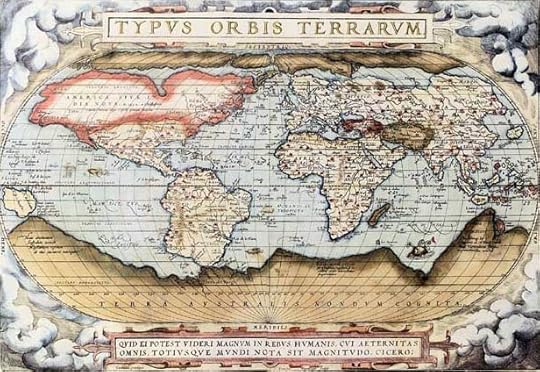
Historical map of the world by Ortelius, 1570 A.D. (Photo credit: Wikipedia)
WordPress is great at providing statistics. I can see how many visitors I’ve had today, last week, on any previous month, or even for all time. What I love most, though, is the world map, with its spectrum of color. Like some hungry Napoleon, I survey my geographic reach: 124 countries to date. Countries with the most viewers show up deep red; those with the next largest contingents appear bright orange, and those wit...
March 9, 2013
Stick out your tongue
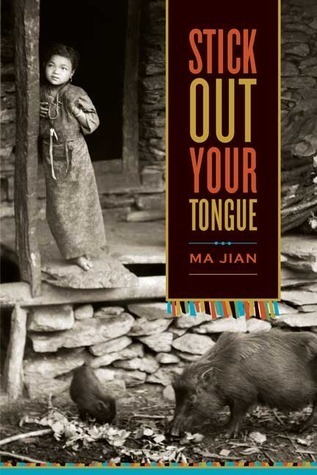 I had never heard of Ma Jian until I read his story, “The Woman and the Blue Sky,” in the Paris Review in 2005. As soon as I finishedit, I ordered the book it came from, Stick Out Your Tongue.But, for some reason, I didn’t get around to reading it until now.
I had never heard of Ma Jian until I read his story, “The Woman and the Blue Sky,” in the Paris Review in 2005. As soon as I finishedit, I ordered the book it came from, Stick Out Your Tongue.But, for some reason, I didn’t get around to reading it until now.
Stick Out Your Tongue is a slim volume of five spare stories about Tibet. Originally published in Chinese in 1987, state censors denounced the collection as “a vulgar, obscene bookthat defames the image of our Tibetan compatriots.” They ac...
February 19, 2013
Which poisonous yellow book?
 Reblogged from From book to book:
Reblogged from From book to book:
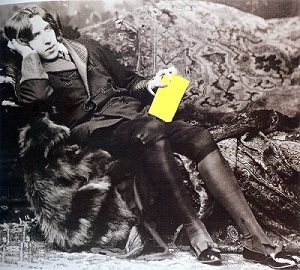
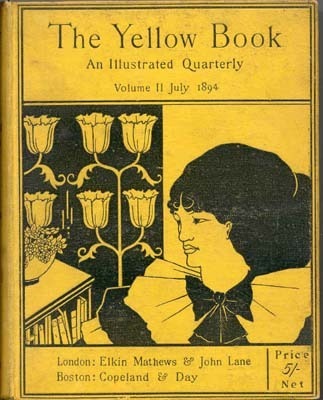
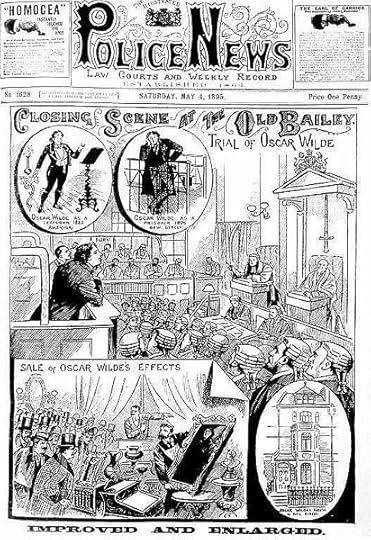
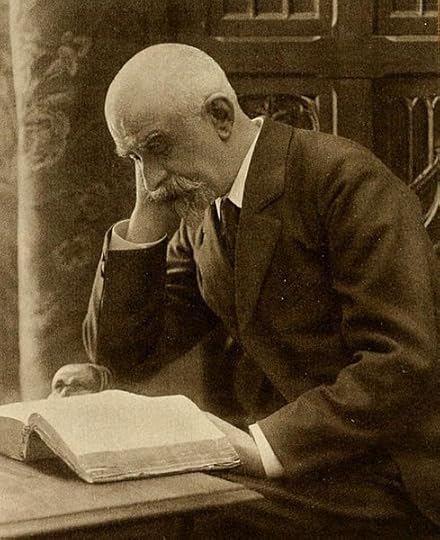
The secret of Raoul, Dorian and Oscar
“'Zola,' said Mr Gorby thoughtfully, taking down a flimsy yellow book rather tattered. ‘I’ve heard of him; if his novels are as bad as his reputation I shouldn’t care to read them.” Fergus Hume, The Mystery of a Hansom Cab (1886), Chapter 6
A single object recurs in the life of Oscar Wilde: a yellow book.
As a follow up to my previous post on Oscar Wilde, here is a fascinating glimpse into Victori...



